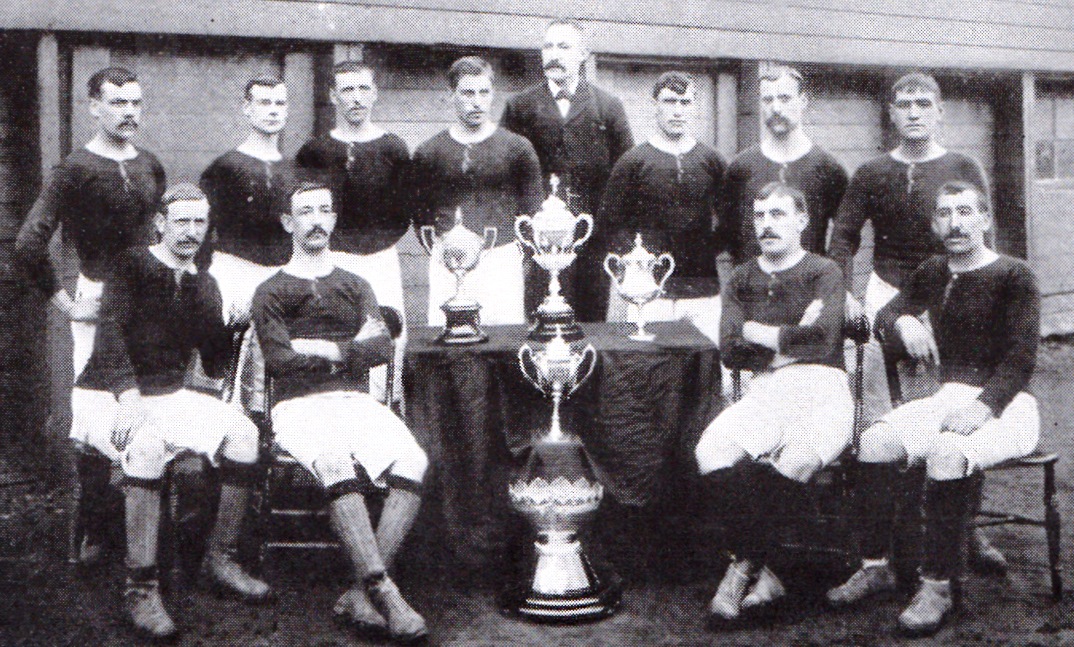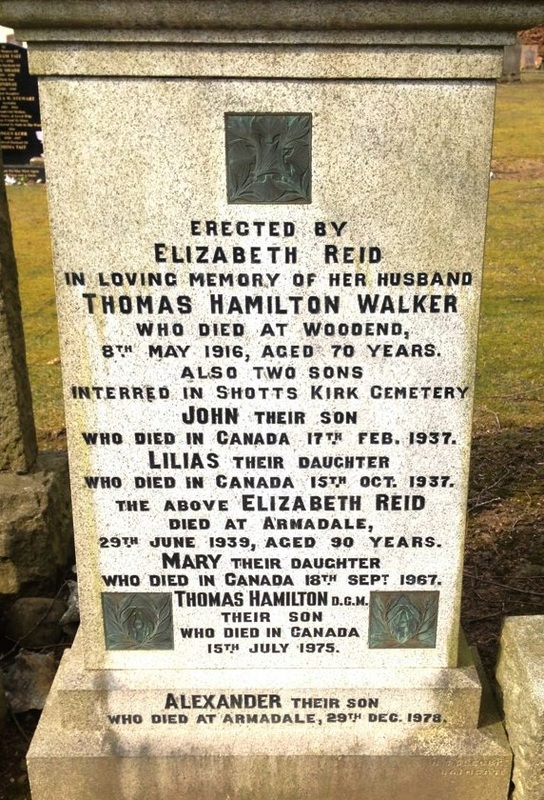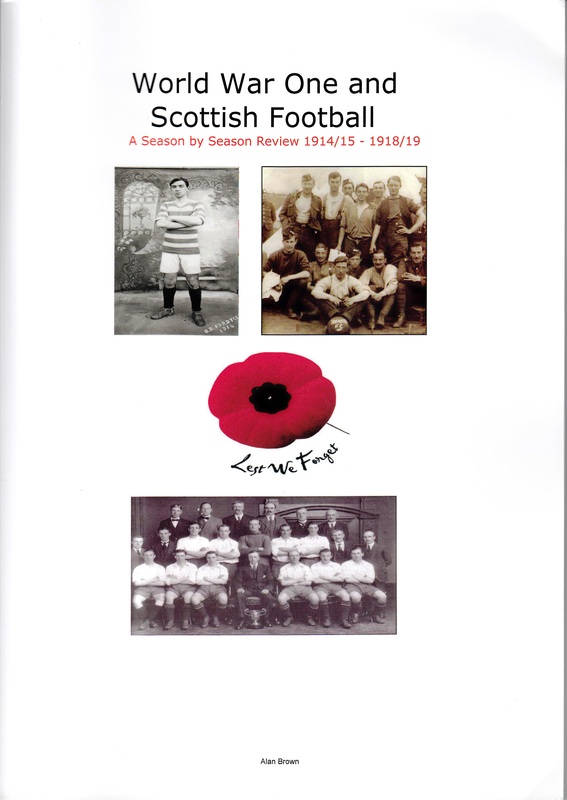A breakthrough this week came with the discovery of what happened to John Walker, a forward who not only won five caps for Scotland but was also a key player with Hearts, Liverpool, Rangers and Morton. He won two League Championships and the Scottish Cup with Hearts - (he is pictured above with the 1897 Hearts side, fourth from left in back row) but is perhaps most famous for scoring the goal that clinched Liverpool's first Football League Championship. His goal against West Brom on 29 April 1901, the final match of the season, secured a 1-0 win for Liverpool, who won the league by two points from Sunderland.
As with many players, the first challenge was that his widely-quoted date of birth (31 May 1874) is wrong. Thanks to Hearts historian David Speed, and with confirmation from SFA registers which provide his address in Woodend Rows, Torphichen, by Armadale, he was in fact born in Shotts on 24 August 1873. His parents were Thomas Walker and Elizabeth Reid.
John Walker started his football career in Armadale and signed for Hearts in 1893, moving to Liverpool with teammate Tom Robertson in 1898. They can both be found in the 1901 census, boarding with the Liverpool trainer, James Chapman, who had also come from Hearts (centre of back row in above photo). The following season Walker returned to Scotland with Rangers, and three years later ended his career at Morton.
What happened after that has long been a mystery, but after finding a reference in an Armadale history that said he settled in Canada, I had a new angle to follow. More searching finally turned up his name on a family grave (pictured below) in Woodend cemetery outside Armadale, just a stone's throw from where he was brought up. From that it can be confirmed that John Walker died on 17 February 1937 in the small community of Louise, Manitoba, where he had lived with his sister Lilias.
Finally, the record can be put straight for another famous Scottish footballer.
https://themilitarymuseums.ca/mmural/51-100/074/m074.html



 RSS Feed
RSS Feed